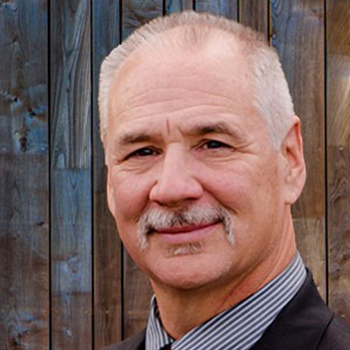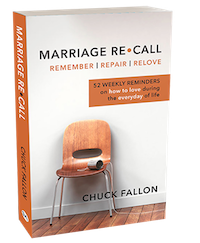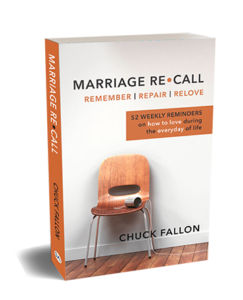Are you skeptical when you read this kind of heading? I am. It feels dehumanizing to be labeled, put in a box, and reduced to some kind of formula. So I’m not going to do that—even if it seems like I am.
What I’m writing about is an observation, something that piques my curiosity because it has a ring of truth to it. This one thing shows up almost every time I work with men about the wounds we carry—wounds from fathers, teachers, coaches, older brothers, and friends.
What is the #1 thing we want to hear? I’m proud of you.
Just writing this stirs up my emotions. Why does this matter so much to me, and to many other men?
I recently worked at a men’s conference as a counselor for eight men. We met after each general session. Guys from different parts of the country, all different ages, and at different stages of life. During our group we dissected the session topics and considered how they played out in our lives.
One session addressed wounds we’ve received and the lies we believe about ourselves because of them.
Labeling some of the hurts as wounds was difficult for me because they were unintended—they weren’t the result of abusive experiences. However, they cut deep just the same.
Let me give you an example.
When I was eight years old my dad took our family to my uncle’s dairy farm. I was a city boy from Detroit. My neighborhood was a grid of city block after city block; rows of houses broken up by busy streets lined with stores.
Being out in the country was overwhelming—there was so much space between houses we couldn’t even see the next farm. It was exciting and terrifying all rolled into one anxiety producing experience.
As a young boy, I didn’t know how to put words to the anxiety I felt, so I did what I always did—I made jokes. I forced humor into every conversation because laughter helped me feel better. But I wasn’t very funny—I was annoying.
That night I slept in the loft outside of my aunt and uncle’s room. Through the walls I heard them talk about how obnoxious I was. They didn’t intend to be mean, yet something in me broke. I felt a deep shame over who I was—a needy, annoying kid. I cried myself to sleep resolving not to say anything else during our time at the farm.
I kept that resolution. The less I said the more praise I received for behaving like such a mature boy.
What was the lesson I took away from that experience? A belief that there is something deeply flawed in me that must be hidden, avoided—even denied.
What was the reward for living inauthentically? Praise. The affirmation I longed to hear was music to my soul. But it didn’t feel satisfying. It felt hollow even at my young age.
During our group the men listed things we long to hear, mostly from our fathers. We longed for words that bring a healing salve to wounds that feel as raw as they were the day they were inflicted.
As the men shared their lists, “I want you to be proud of me” didn’t show up word for word, but the longing showed up in one form or another.
This longing sets the stage for a trap we fall into: A deep-seated fear that we are not enough.
We learn to wear masks that are acceptable, where we seek approval—masks that may inspire another’s praise. We resort to performance-based living that shows up in business achievements, athletic abilities—or things that make us feel better, like sexual conquests, or even annoying humor.
Sometimes the shame nurtures a “why bother” attitude that lures us toward the safety of silence. While it feels safe, deciding we’re better off not showing up pulls us like quicksand into hopelessness and addiction—and incredible loneliness.
We inherently know hiding doesn’t fulfill our longings. If not, then what does?
There isn’t one trick that makes the difference. Fulfillment comes from dozens of moments every day—opportunities to show up, take off our masks, and risk being known. It requires us to be intentional, to identify our masks and purpose to take them off—if only for brief moments—to show who we really are and what we really long for.
If you identify with this and want to explore where you feel trapped behind a mask, please consider making an appointment today. I know it takes courage. I’d be really proud of you for doing so!





